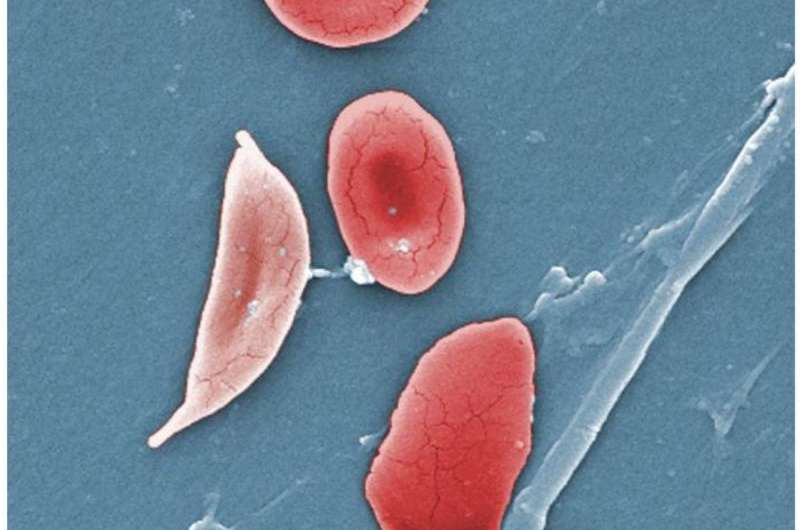Thetis Cells: Crucial Immune Cells in Childhood Food Allergy Prevention

New research reveals that Thetis cells, a novel immune cell type, play a crucial role in establishing oral tolerance during early childhood, potentially preventing food allergies. This discovery opens doors for innovative treatments and highlights the importance of early life immune development.
Recent research from Memorial Sloan Kettering Cancer Center has uncovered the vital role of a newly identified immune cell type called Thetis cells in safeguarding children against food allergies. These cells are a special class of antigen-presenting cells that help the immune system distinguish between harmless substances, like foods, and harmful pathogens. The study, published in Science, explains how the presence of Thetis cells during a critical window in early life directs the immune system to develop tolerance towards food proteins, preventing adverse allergic reactions.
Historically, a clinical trial in the UK demonstrated that early exposure to peanuts could lower allergy risk in children, hinting at the importance of immune training during infancy. Building on this, the study conducted in mouse models reveals that Thetis cells participate actively in this process by promoting the development of regulatory T cells, which suppress allergic responses. These cells specifically uptake food proteins in the gut’s lymphatic tissues, such as the mesenteric lymph nodes, during a key developmental phase shortly after birth.
This window appears to be crucial: the abundance of Thetis cells and their role in establishing immune tolerance is significantly higher during early life, with the ability to induce long-lasting protection. The research team used genetically engineered mice to observe how Thetis cells interact with food antigens like ovalbumin (found in eggs) and peanut proteins, facilitating immune tolerance. The cells instruct the immune system to recognize these proteins as harmless, a process essential for preventing food allergies.
Furthermore, the findings suggest potential therapeutic strategies. By targeting and enhancing Thetis cell activity, it might be possible to develop new treatments that promote tolerance, reducing food allergy instances even outside the early life window. This research underscores the importance of early dietary interventions and provides new insights into how immune tolerance develops, paving the way for novel approaches to prevent and treat food allergies.
While studies in humans are ongoing, similarities between mouse and human Thetis cells suggest promising avenues for future research in immunology and allergy prevention. This discovery emphasizes the critical nature of early immune system training and offers hope for innovative solutions to combat childhood food allergies.
Stay Updated with Mia's Feed
Get the latest health & wellness insights delivered straight to your inbox.
Related Articles
Innovative Approach Enhances Quality of Life for Adolescents with Sickle Cell Disease
A new intervention developed by Columbia University shows promise in enhancing quality of life and treatment adherence among adolescents with sickle cell disease, highlighting innovative strategies for managing this chronic condition.
Innovative AI Tool Identifies Nine Types of Dementia Using a Single Brain Scan
Mayo Clinic has developed an AI system, StateViewer, capable of identifying nine different dementia types from a single brain scan, enhancing early diagnosis and treatment planning.
EU Approves Controversial Alzheimer's Medication Kisunla
The European Union has approved Kisunla, a new Alzheimer's medication, under strict conditions amid ongoing debates over its effectiveness and safety. Stay informed on the latest developments in Alzheimer's treatment.
Innovative Local Anesthetic Offers Pain Relief Without Motor Impairment
A groundbreaking local anesthetic, PPX, selectively blocks pain without affecting motor functions, promising safer pain relief with fewer side effects.



